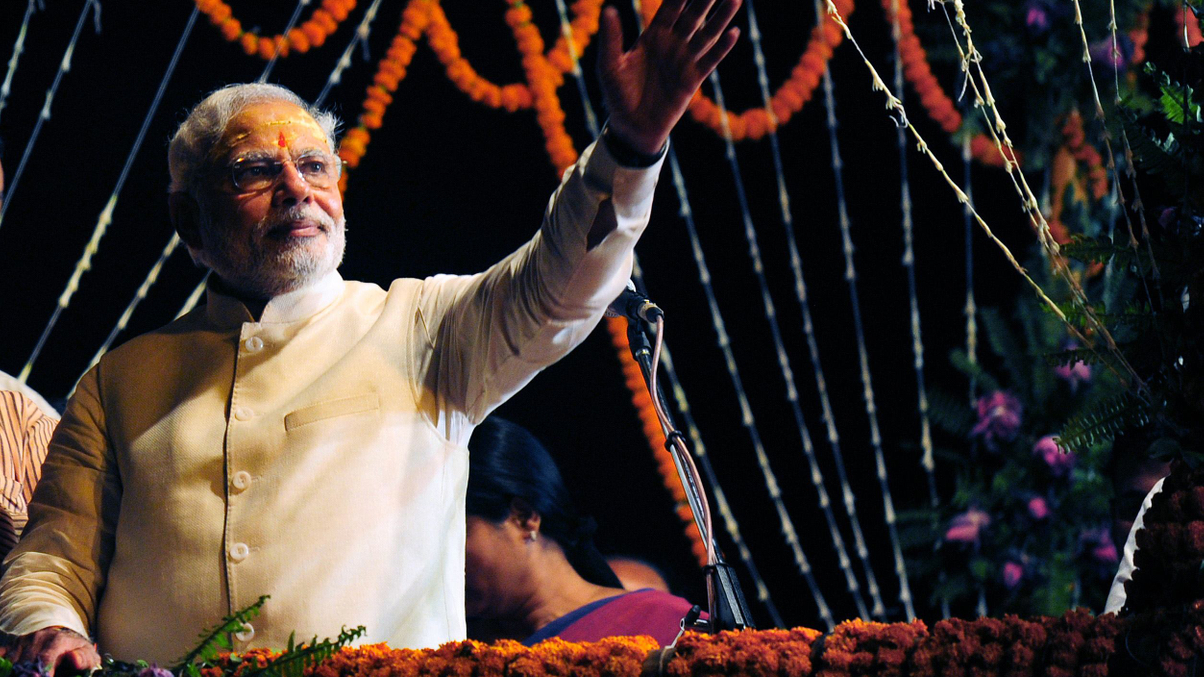Modi's mandate fills Indian managers with hope
The multi-year highs recorded by the Nifty and Sensex indices have fuelled optimism that retail investors will finally help to dispel gloom and reignite the nation's mutual fund industry.

Asset managers in India are optimistic that prime minister Narendra Modi will be able to solve structural issues that have hamstrung the domestic funds industry for years.
Sign in to read on!
Registered users get 2 free articles in 30 days.
Subscribers have full unlimited access to AsianInvestor
Not signed up? New users get 2 free articles per month, plus a 7-day unlimited free trial.
¬ Haymarket Media Limited. All rights reserved.


